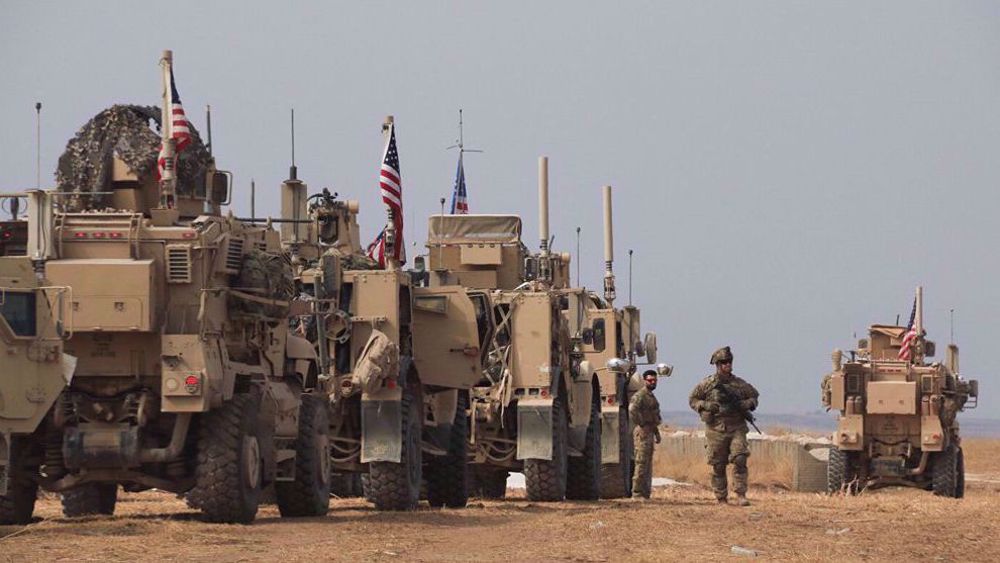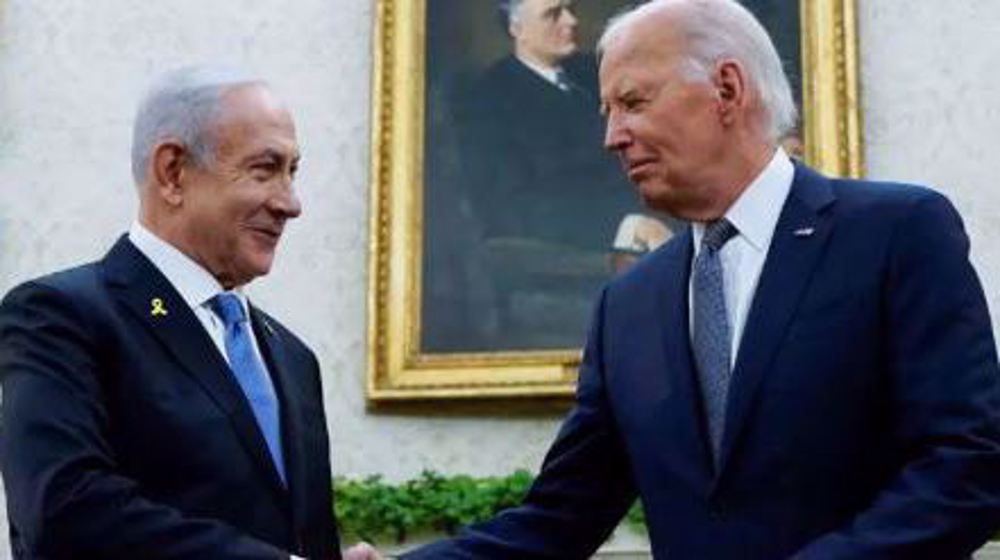US Navy forced to replace F-35 with older warplanes
The US Navy has announced that it is willing to purchase older aircraft to deal with delays in the Lockheed Martin Corp’s F-35 fighter jet program, which is plagued with various technical problems.
Testifying before the readiness subcommittee of the House Armed Services Committee on Tuesday, Rear Admiral Michael Manazir, director of air warfare for the US chief of naval operations, told lawmakers that the Navy would need to buy more Boeing F/A-18 Super Hornets to avert a lack of strike fighters onboard its aircraft carriers, according to Reuters.
Manazir also said that the Navy was working to speed up maintenance of older-model F/A-18s.
His statements echoed former Chief of Naval Operations Admiral Jonathan Greenert, who earlier this year said the Navy would need 24 to 36 more Super Hornets to meet its needs.
A few years ago, F-35 delays forced the Navy to extend the service life of its older F/A-18C Hornets from 6,000 hours to 10,000 hours, a project that took much longer than expected.
Manazir said it is not feasible for the Navy to accelerate its purchase of F-35 jets, since they still lack software needed to carry all the weapons the Navy requires.
Navy acquisition chief Sean Stackley assured lawmakers that the F-35 aircraft the Navy is planning to purchase in the 2016 fiscal year would be delivered in 2018, complete with the required software package.
F-35, a developing project by Lockheed Martin Corp that has been going on for fifteen years, is said to be the highest costing weapon in the history of the United States military with a fleet of over 2400 units planned to be manufactured with an estimated cost of over $400 billion.
The Pentagon has also set aside another $1 trillion to maintain and operate the Joint Strike Fighter program over the course of its lifetime, according to the Government Accountability Office (GAO).
The extent of the problems with the fancy fighter jet has been so vast that even American military officials could not hide their disappointment.
When the F-35 was defeated in dogfight with an F-16 fighter jet in January, US Air Force Secretary Deborah Lee James became critical of the trouble-making aircraft.
“People believed we could go faster, cheaper, better,” but that strategy “has not worked as well as we hoped and that’s probably the understatement of the day,” she said.
Iran to launch ‘new, advanced’ centrifuges in response to IAEA resolution: AEOI
Yemen fires hypersonic missile at Israeli airbase
VIDEO | New Delhi chokes under toxic smog as air quality remains at hazardous levels
VIDEO | Press TV's news headlines
VIDEO | ICC's arrest warrant for Netanyahu to worry Western politicians: Former British diplomat
Iranians protest against Israel after Netanyahu ICC warrant
Germany undecided on complying with ICC arrest warrants for Israeli war criminals
VIDEO | Former FBI agent criticizes US Congress for 'outright corruption'










 This makes it easy to access the Press TV website
This makes it easy to access the Press TV website